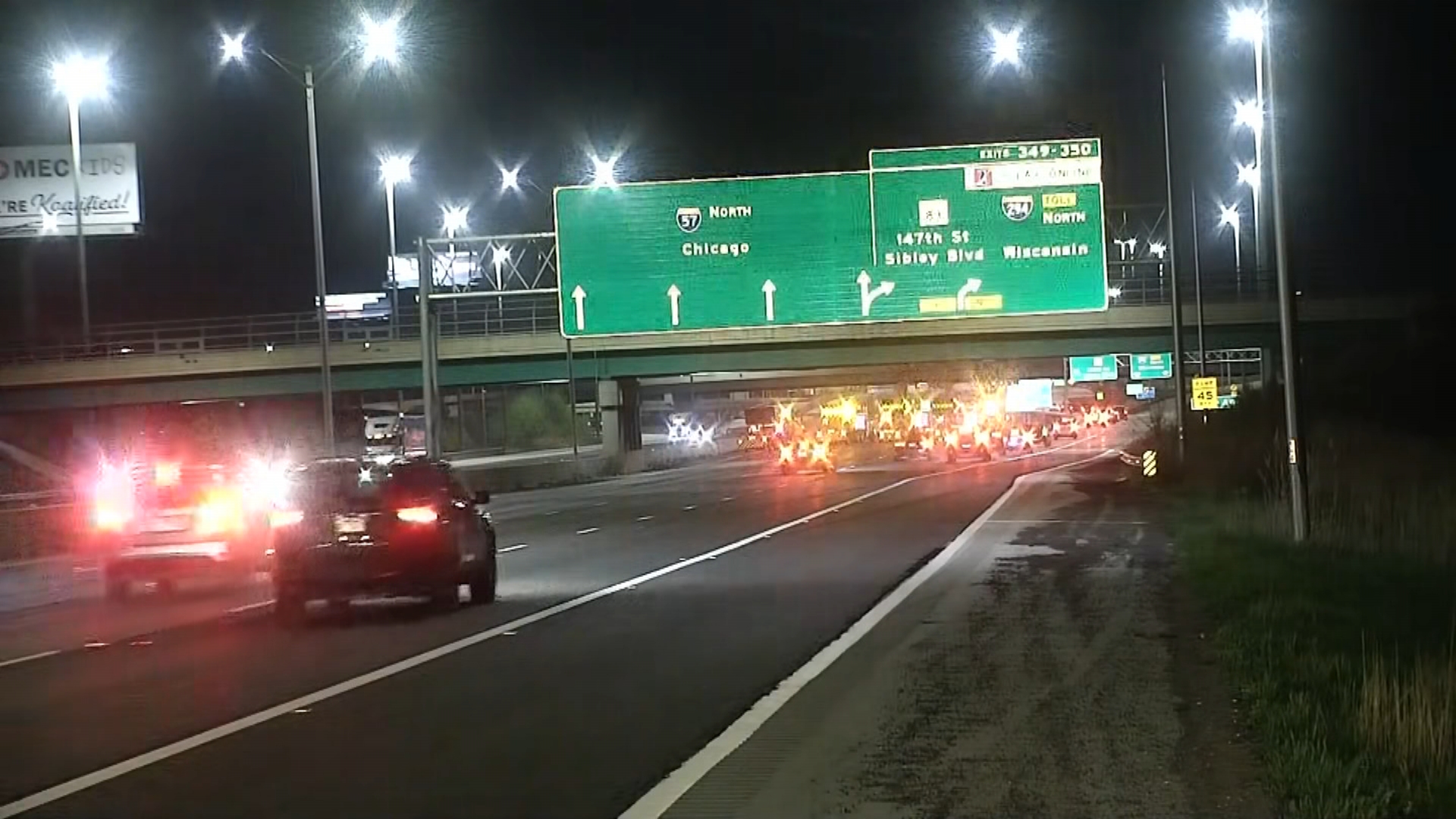A 45-year-old Chicago man faces charges for making police believe one of their own was in trouble and needed help.
The incident unfolded Monday night near the Belmont Avenue CTA station, where a growing crowd of young people had already triggered a substantial police response. In the midst of the melee, a dispatcher called for additional units.
"All units working the 10-1 at the Red Line Belmont, 945 West Belmont, Red Line 945 West Belmont, details to follow," she said. "Officers south and north of the Red Line Station, no weapons seen---that's all we're getting right now!"
A 10-1 is the most attention-getting call on police radios. It means an officer is in trouble and needs immediate assistance. The problem was, no officer had made such a call. And almost immediately, officers at the scene began questioning the response.
Feeling out of the loop? We'll catch you up on the Chicago news you need to know. Sign up for the weekly Chicago Catch-Up newsletter here.
"Who called it out?" one officer asked.
"We got a ticket," the dispatcher responded. "It came over as a battery that just occurred, then a 10-1."
"Who called the 10-1?" the officer pressed. "Who called that?"
Local
"It was sent over by a call-taker," the dispatcher replied.
"Was there an off-duty officer?" the field officer asked. "Is there a description?"
Shortly after that conversation, the dispatcher sent out a message telling officers to disregard the distress call. And minutes later, another officer radioed in to say he had found the source of the 10-1: Marcus Sanders, who he said was in possession of a police-style radio.
"He called this in for the 10-1," the officer said. "He's got his own little police radio."
After that, the story grew confusing. Arresting officers said Sanders told them he used the radio to make the call. But a spokesman for the City's Office of Management and Communications told NBC 5 the call actually came in via telephone.
Whatever the case, Sanders was arrested, and charged with making the false report, as well as being in possession of the radio, and a failure to register as a sex offender from a previous case.
Court records indicate two previous instances where Sanders was charged with impersonating a police officer or a federal employee.



